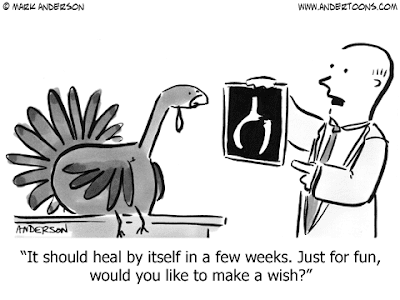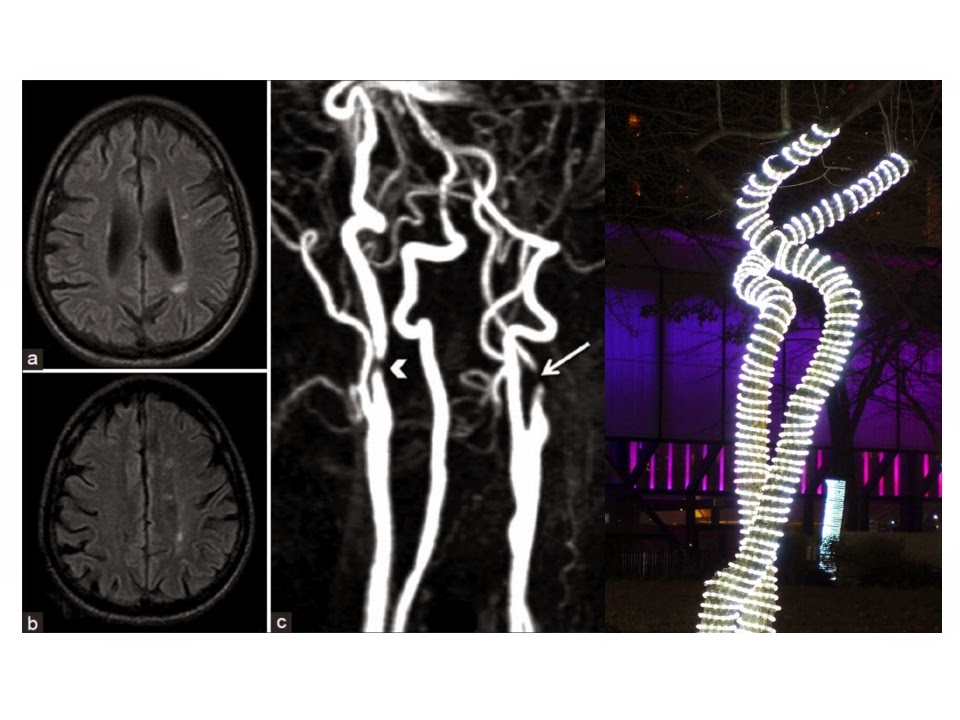Today, it may seem obvious that the first step of any research project should be to complete a proposal for ethics review. But why do we need ethical standards? While helping to complete an ethics form for a project I’m working on, I wondered if scientists perhaps made more ‘progress’ before ethical considerations became commonplace. Even if this was the case, research is certainly better now, when institutions and procedures protect patients’ and research subjects’ rights.
It also seems that scientific research in the 18th and 19th centuries tended to be somewhat more haphazard than it is now, and almost certainly less ethical. For example, Dr. Edward Jenner tested his smallpox inoculation hypothesis for the first time on an eight-year-old
boy in 1796, with little preliminary understanding and no certainty that the patient would not be severely harmed.
Scientists were often fairly independent, acting based on their own curiosity to advance knowledge. Fortunately, research standards have evolved significantly since then. Ethics have been a major part of the transition, as ethical standards help to ensure that scientific research does not cause harm to researchers or subjects. The shocking Stanford Prison Experiment, just one example, shows that physical and psychological damage can occur if study participants’ rights are not upheld through ethics. College students with no criminal record were asked to play the role of prisoners and prison guards, the ‘guards’ became brutal and cruel, while the ‘prisoners’ became stressed and depressed. The experiment was terminated early, after only six days.
Fortunately, much has changed since the emergence of modern science in the 20th century. The current structure of research, including working in teams and undergoing peer review, helps to ensure a high standard of practice. Nevertheless, ethical issues in science remain. Researchers who work with human participants can become quite focused on the minutiae of their work, so Research Ethics Boards have an important mediating role. They provide an experienced, unbiased viewpoint that weighs the potential benefits of the research against any harm that may come to participants. Even if an ethical review sometimes slows the pace of scientific progress, it provides an essential foundation and structure for research, to the benefit of participants and researchers alike.
Julia Robson
2nd year student at U of T




